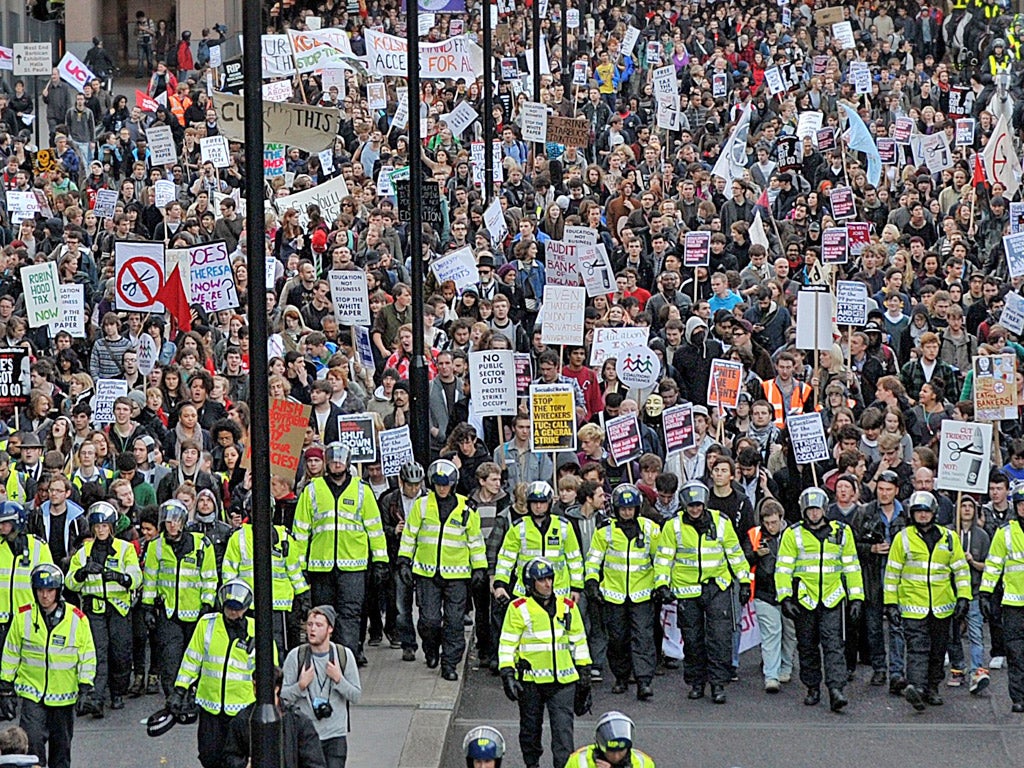Your support helps us to tell the story
From reproductive rights to climate change to Big Tech, The Independent is on the ground when the story is developing. Whether it's investigating the financials of Elon Musk's pro-Trump PAC or producing our latest documentary, 'The A Word', which shines a light on the American women fighting for reproductive rights, we know how important it is to parse out the facts from the messaging.
At such a critical moment in US history, we need reporters on the ground. Your donation allows us to keep sending journalists to speak to both sides of the story.
The Independent is trusted by Americans across the entire political spectrum. And unlike many other quality news outlets, we choose not to lock Americans out of our reporting and analysis with paywalls. We believe quality journalism should be available to everyone, paid for by those who can afford it.
Your support makes all the difference.The Government is looking at cutting grants given to help the poorest young people study at university, reports suggest.
BBC Newsnight says the business department is reconsidering a decision not to slash the grants, which were saved from cuts after Liberal Democrat objections in 2013.
The cuts would be made by tightening eligibility for the grants and then shrinking the payments “to nothing”, a source told the programme.
Students who come from households with incomes under £25,000 current receive £3,387 each year to help with the costs of their studies.
Those from households up to £42,000 also receive some support. The total cost of the grants to Treasury is £1.57bn.
Tuition fees were raised to £9,000 a year by the Coalition government, an increase from £3,000. The rise is unlikely to have saved the government any money, according to an analysis by the Institute for Fiscal Studies (IFS).
The BBC says there is disagreement between universities minister Jo Johnson and business secretary Sajid Javid about whether to proceed with the cuts. Mr Johnson is said to be less enthusiastic with the plan.
Non-protected government departments are likely to suffer slightly sharper cuts to their budgets over the next five years than the last, according to an IFS analysis.
“Cuts would need to increase from the 2.0% a year seen over the five years from 2010–11 to 2015–16, to 2.2% a year over the three years from 2015–16 to 2018–19″, the Institute said.
The Department for Business, Innovation and Skill (BIS), which runs universities, is not protected, and will have to make significant cuts to balance out reductions in its budgets.
A spokesperson for BIS told the Independent that the department did not comment on “speculation”.

Join our commenting forum
Join thought-provoking conversations, follow other Independent readers and see their replies
Comments